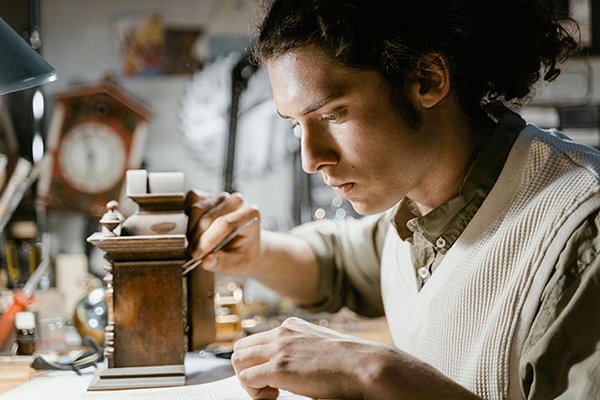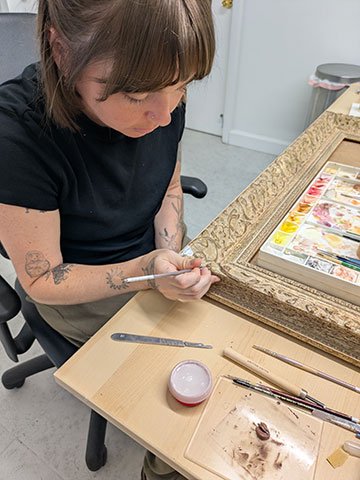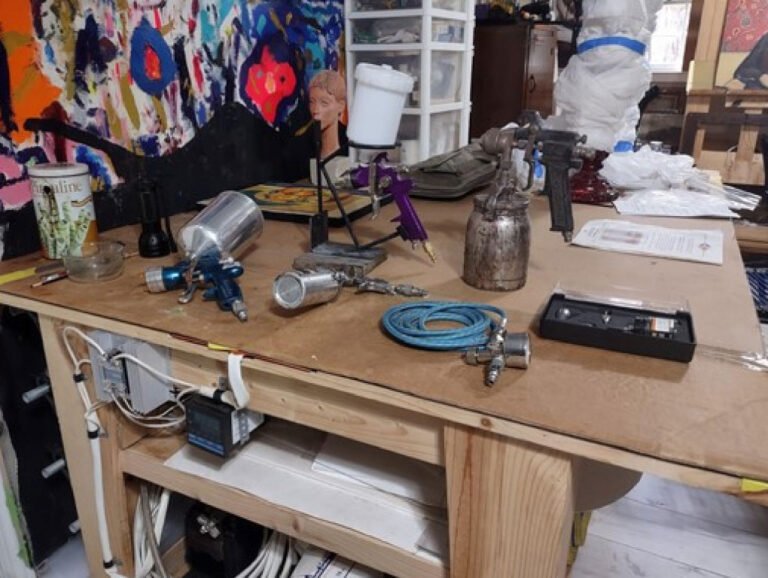How to Find the Right Conservator for Your Needs — A Guide by SERCA
Whether you’re a museum professional, a collector, or someone who’s inherited a cherished family heirloom, choosing the right conservator is a critical step in preserving your piece of history. At SERCA, we believe conservation is more than just repair — it’s about stewardship, ethics, and trust. Here’s how to find the conservator who’s right for you.
Step 1: Understand What Kind of Conservator You Need
Conservators specialize in different materials:
- Paintings: From oil to acrylic, canvas to panel…
- Textiles: Historic garments, tapestries, flags…
- Paper: Documents, prints, books…
- Objects: Ceramics, metals, glass, archaeological finds…
Start by identifying the type of item you need help with. The more specific you are, the better your match will be.
Step 2: Look for Conservator Credentials & Training
A qualified conservator should have:
- Formal education in conservation or related fields or equivalent experience.
- Hands-on training through internships or fellowships.
- Membership in professional organizations like SERCA (Southeast Regional Conservation Association) or AIC (American Institute for Conservation).
SERCA members uphold rigorous standards of practice and ethics. When in doubt, ask about their background — a good conservator will welcome your questions.
Step 3: Ask About Their Process
A trustworthy conservator will:
- Offer a condition report before treatment.
- Provide a treatment proposal with options and costs.
- Document every step with photos and notes.
- Use reversible and non-invasive techniques whenever possible.
Transparency is key. If someone is vague or unwilling to explain their methods, that’s a red flag.
Step 4: Use SERCA’s Directory
Our Find a Conservator tool connects you with professionals across the Southeastern U.S. You can filter by specialty, location, and more. Every listing includes contact info, areas of expertise, and links to portfolios or websites.
Step 5: Trust Your Instincts
Conservation is a collaboration. You should feel:
- Heard and respected,
- Confident in their expertise,
- Comfortable asking questions.
If the relationship feels off, keep looking. The right conservator will treat both you and your object with care.
Final Thoughts
Preserving cultural heritage is a responsibility we all share. Whether it’s a Civil War letter or a mid-century modern sculpture, your object deserves thoughtful, ethical care. SERCA is here to help you make informed decisions and connect with professionals who share your values.
Ready to begin? Find a Conservator Now



